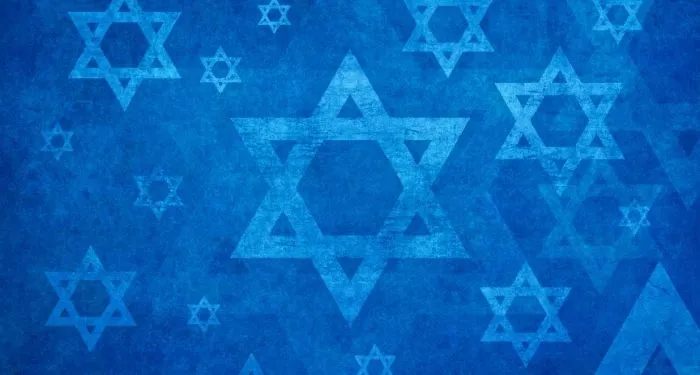
We Are More Than Our History: On Also Reading Books About Joy
As someone who writes about and reviews books, I’m pitched a lot of books from publicists on a daily basis. As someone who has written about and reviewed books with Jewish themes, I am also pitched or sent books about the Holocaust. Some sound bad, some sound really bad, and a few sound fairly decent. Sometimes I am even sent books about the Holocaust — usually fiction — without me requesting them. To be completely honest, these often go in the recycling bin, unread.
I rarely read fiction about the Holocaust. I grew up with teachers who had stories of their own. I had classmates with grandparents who were survivors. We observed Yom Hashoa every year in school and spent a whole year dedicated to studying the Holocaust in depth. When I pick up a novel, this is not the genre I choose. When I do read about the Holocaust, I would much rather read nonfiction because there are so many stories that need to be read. There are so many stories that have not been told yet, and might never be told. We don’t need fiction, we need facts. We need to bear witness to the lived experiences of these individuals. We need stories from survivors before there are no more left. I don’t want a romanticized version of the Holocaust or of World War II, nor do I want an appropriative novel that is voyeuristic or not completely factual. All that being said, I still choose my consumption of nonfiction about the Shoah carefully and only after much research on the book.
But here’s the thing: as with any marginalized group, we are more than our history. We are more than the worst parts of our history. We are more than the genocides, more than the ghettos, more than the camps. We are also more than the uprisings. We are the resistance groups, we are the underground fighters, and we are the people who chose to live a Jewish life, day after day after day, under the threat of death. We are the families who rebuilt their lives and built sukkahs in the backyard for Sukkot, we are the ones frying latkes for Hanukkah, dancing with abandon on Simchat Torah, and lighting the candles every Friday night. Even today: we are more than the news stories of antisemitism. We are the stories of survival and celebration. We are joy.
And yet I am rarely pitched or sent those books of Jewish joy, of everyday Jewishness. (I have several thoughts on this, with the main one being that trauma sells, unfortunately, and that is a larger discussion to be had in a separate post).
We all want to read diverse books, I assume. I hope. We want our children to have access to diverse books. We want to teach our children accurate, factual history. And that’s all well and good. In fact, it’s necessary. But it can be easy to keep choosing books that focus on the struggles, the hardships, and the times of oppression. After all, that’s what’s on the shelves in the history section. While we all need to learn about and know that history, just as important — if not more so — are the stories of celebration, of life, of joy.
The picture books about celebrating Passover, or the books about family, like Tia Fortuna’s New Home: A Jewish Cuban Journey. The graphic novels that are perfect for tucking in an overnight camp bag, like Yehudi Mercado’s Chunky. Immersive Jewish SFF like The City Beautiful, Hereville, or Anya and the Dragon. Stories of diverse Jewish characters like Lucky Broken Girl or The Whole Story of Half a Girl. Or books that are just downright fun to read, like It’s a Whole Spiel, Eight Nights of Flirting, and Gitty and Kvetch.
For adults, there are the memoirs like Koshersoul, Shanda, and My Jewish Year, to name a few. Naomi Ragen’s books are always a good choice (An Unorthodox Match and An Observant Wife are a great duology), as well as Ben Freeman’s Reclaiming Our Story. If you’re looking for something with more emphasis on social justice themes, the anthology There Is Nothing So Whole as a Broken Heart is great.
These books should also be considered when looking for Jewish books, not just Maus, Anne Frank’s diary, and Night — all of which are still important stories, but are not the entire story.
History is important and shouldn’t be minimized or made softer. But it’s also necessary to include stories of joy and celebration alongside that history. Our lives are larger than any one thing. The stories we read should reflect that.
If you’re looking for even more books to add to your list, check out this post on Jewish contemporary novels, and this post on diverse Jewish children’s and YA books.











